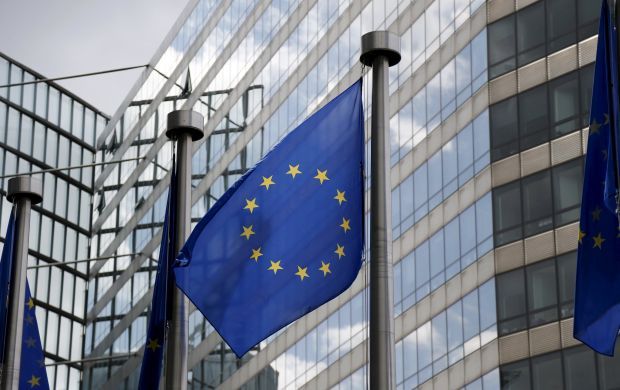
"The decision taken by Russia to suspend the CIS FTA obligations towards Ukraine added an element of pressure that violated conditions agreed by Ministers to engage in the trilateral talks," the Memo on the trilateral talks on the implementation of a deep and comprehensive free trade area (DCFTA) between Ukraine and the EU reads.
"Any threats or retaliatory measures by Russia contradict the mandate, objective and spirit of these talks," the document said.
The European Commission stresses it has offered to keep talking in a trilateral working group after January 1, 2016, to find practical solutions to specific concerns raised by Russia during the implementation of the agreement, on the condition that Russia did not take further retaliatory measures.
Therefore, the EU regrets the decree by President Putin on December 16 that suspended all Russia's obligations vis-à-vis Ukraine – including the trade preferences – under the CIS FTA. "This is a breach on the part of Russia of the Ministerial agreement from September 2014 on the implementation of Minsk provisions," the memo reads.
The EC says that Ukraine doesn't have to choose between an FTA with the EU or with Russia, as this contradicts the gist of free trade, to which all the WTO members agree: free-trade agreements are complementary to each other. The EU has already agreed 88 FTAs, the EU/Ukraine DCFTA would be the 89th.
Moreover other preferential trading partners of Russia have both an FTA with the EU and with Russia. "Serbia is an example. There are no inherent economic or legal obstacles for a country to conclude FTAs with different trading partners," the EC explains.
Russia has decided to suspend CIS FTA preferences and may also take further retaliatory measures.
Assessing the economic impact of these retaliatory measures, the EC predicts that suspension of the CIS FTA obligations and the application by Russia of the most-favored nation treatment of all imports from Ukraine trade means that in the short term the bilateral trade flow may fall even further.
Independent analyses have put the figure at $900 million. "For Ukraine today this can be quite significant, especially in the short term. But exporters will also diversify towards other markets, and there will be an even greater incentive to adopt European standards that will allow an increase of the marketability of products made in Ukraine to the EU and to other high-value markets. With time the impact of the Russian measure should become less severe," the EC said.

